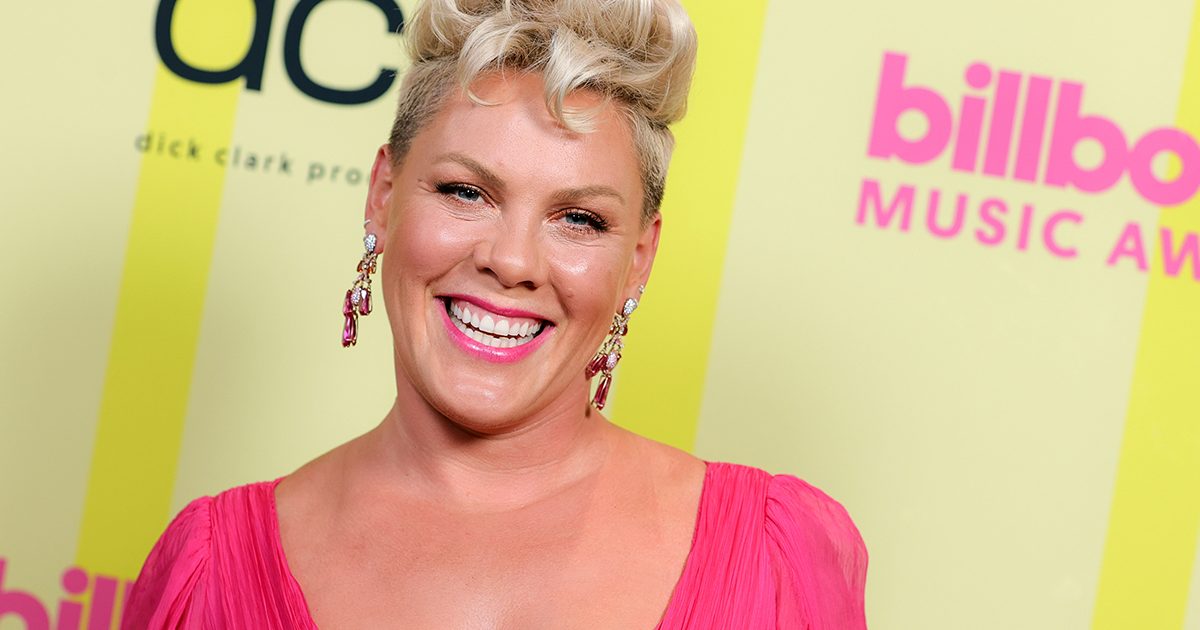Understanding Bone Cancer
- Famous singer Pink has just helped a cancer patient check one of the last things off her bucket list: talking to her favorite artist.
- There are many different types of bone cancer; it’s an uncommon type of cancer that begins when cells in the bone start to grow out of control.
- While Pink herself isn't a cancer warrior, she understands firsthand how hard it can be watching a loved one go through a cancer battle. That unique (and unwanted) perspective bonds people, and the mutual understanding can foster a strong support system.
"You've made my day," 63-year-old Diane Berberian says to Pink, 42, during the Zoom call. "I don't even know what's on my bucket list now because you were so far at the top."
Read MorePink revealed that another fan informed her of Berberian's wish to speak with her; Berberian's story inspired the singer, who is no stranger to cancer. In fact, Pink's father, Lt. Col. Jim Moore, passed away in August after a hard-fought battle with prostate cancer.
Berberian posted a segment of her conversation with Pink to her Facebook page on Nov. 27, writing: "THANK YOU TO EVERYONE WHO TOOK THE TIME TO TRY AND MAKE CONNECTIONS… OUR DREAM CAME TRUE!!!!!"
Understanding Bone Cancer
There are many different types of bone cancer. While it remains unclear what type Berberian was diagnosed with, it should be noted that bone cancer is an uncommon type of cancer that begins when cells in the bone start to grow out of control.
In fact, bone cancer is so uncommon that only about 3,600 new cases of this type of cancer will be diagnosed among patients in the United States this year, according to the American Cancer Society.
How to Cope With Bone Pain From Cancer
Bone cancer can cause a great deal of pain, but there are ways to cope with and mitigate that pain. In an earlier interview with SurvivorNet, Dr. Sairah Ahmed of MD Anderson Cancer Center says, "The more physically fit you are going through your cancer treatment, the less side effects you'll have and the faster you'll get back to your normal quality of life."
She continues, "Stress control is often something that is not talked about and is not given much weight, but there is a lot of stress, both in terms of the patient who is going through cancer, as well as the family who has to support that patient. There is financial stress. There's emotional stress, and being able to deal with that, as well as talk to professionals when you need it, is very important."
"Staying on cancer treatment is the one thing that will help to cure your disease," Dr. Ahmed adds; bone cancer can be treated with chemotherapy, surgery and/or radiation.
While Not a Cancer Warrior, Pink Offers Support
Cancer warriors supporting fellow cancer warriors is a powerful thing; while Pink herself isn't a cancer warrior, she understands firsthand how hard it can be watching a loved one go through a cancer battle. That unique (and unwanted) perspective bonds people, and the mutual understanding can foster a strong support system something that's so vital when battling cancer.
The support from family, friends, or even those who understand what you're going through, like in Berberian's case with Pink, is what's going to get you through. This is something fellow cancer survivor Kelly Sargent can agree with. She moved to San Antonio, Texas, not knowing anyone, but she says she's been "blessed with having met some incredible ladies."
The Benefit of Support Networks for Cancer Patients
"When I was diagnosed (with ovarian cancer), as soon as I got in the hospital, I started going online to find not only information, but also support groups, stories from survivors, anything that I could find as far as my treatment I definitely looked for," she tells SurvivorNet.
"I have an incredible set of friends that I met after my diagnosis through a Bible study group that have become very, very close friends of mine that are an incredible part of my support system. That support from those ladies has been life-changing for me."
Learn more about SurvivorNet's rigorous medical review process.


